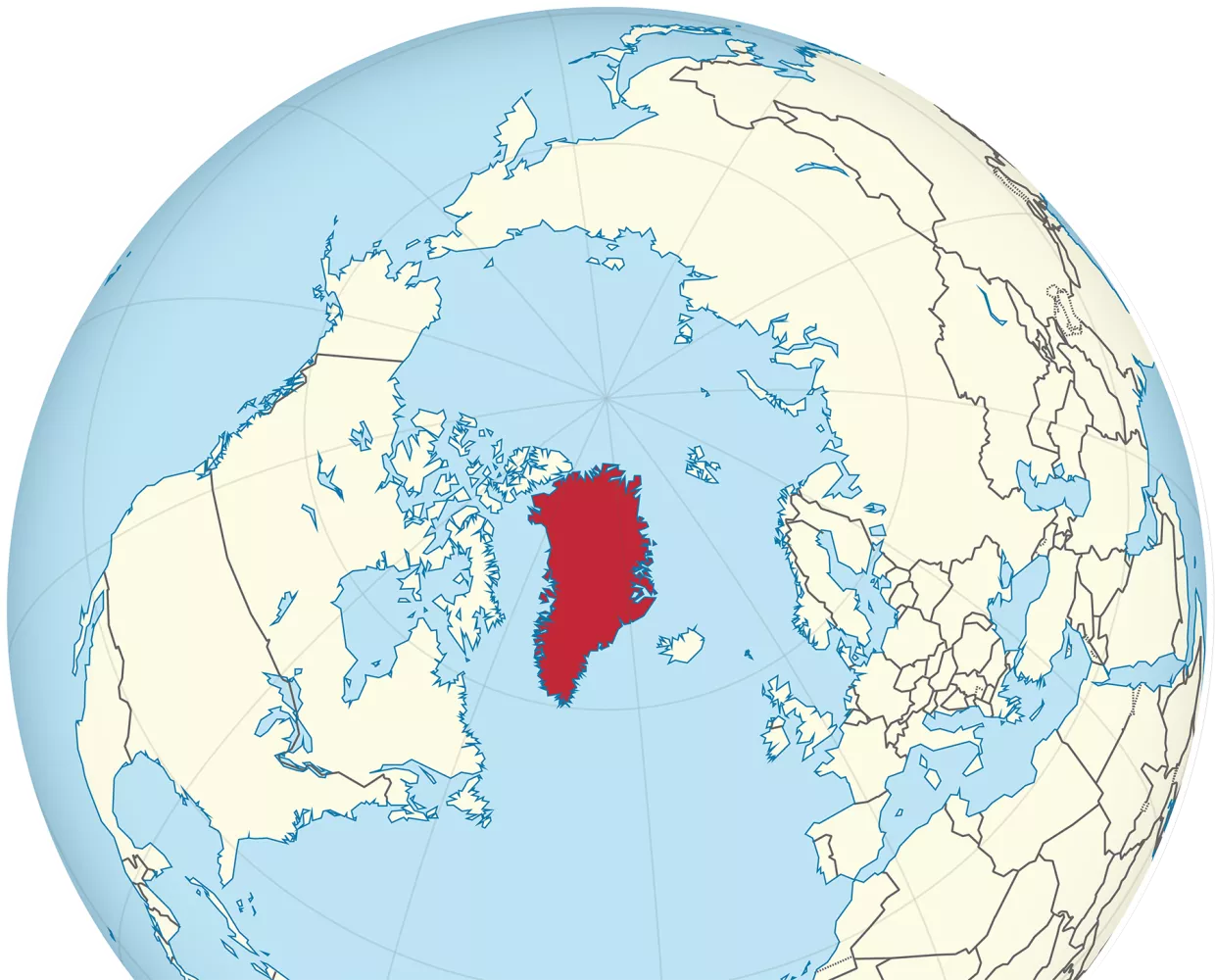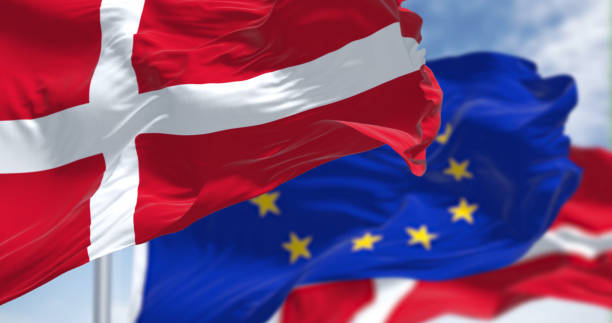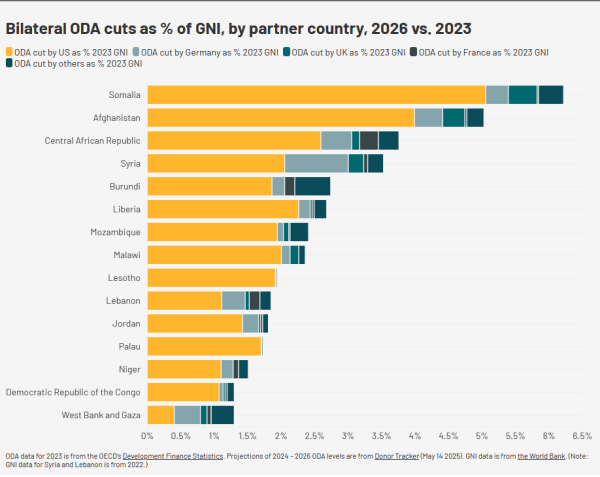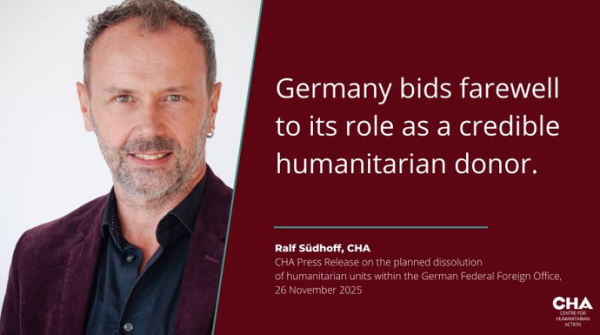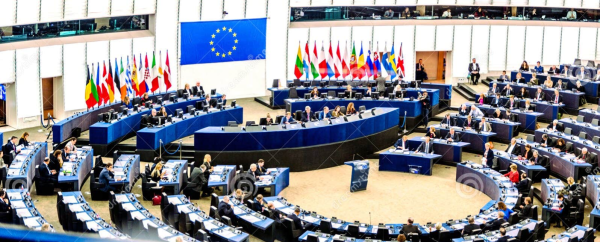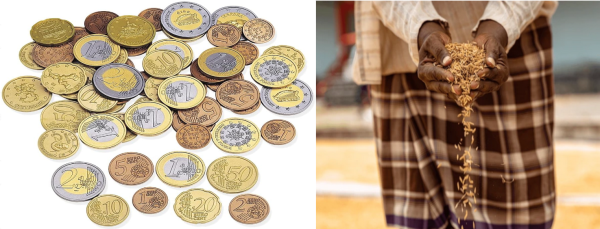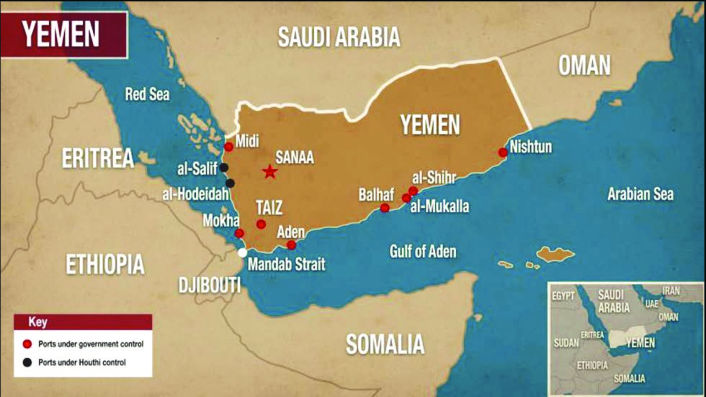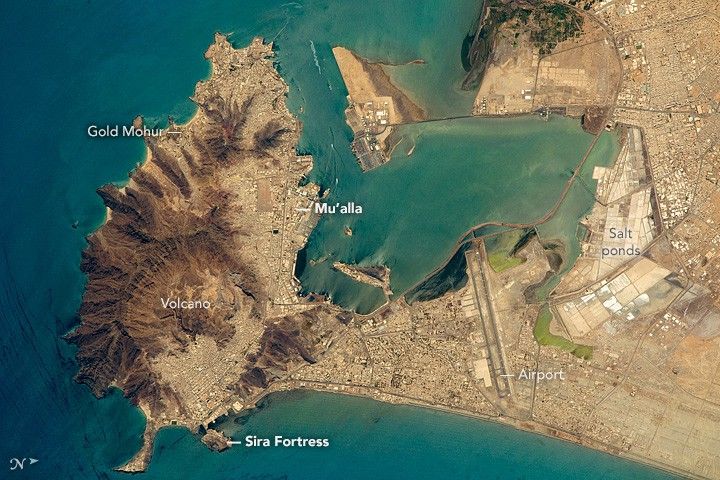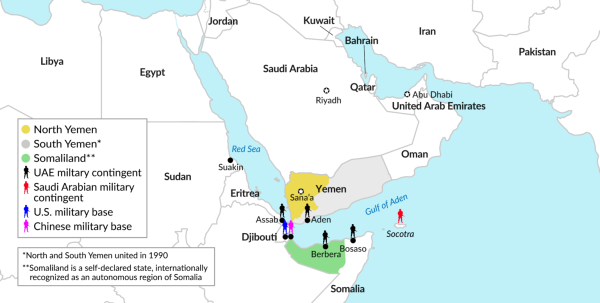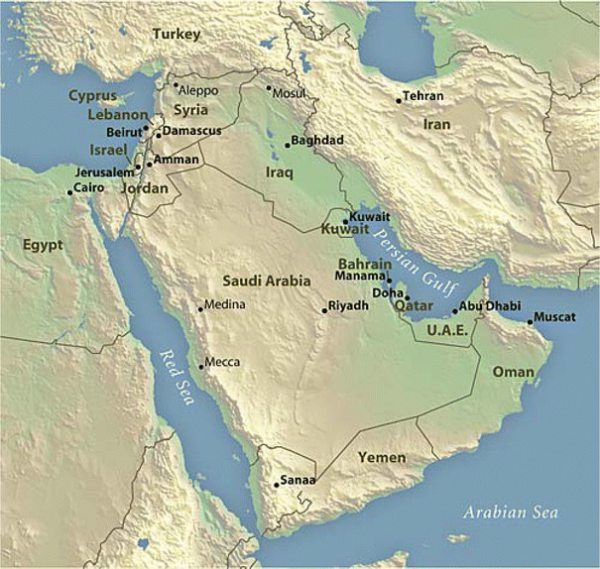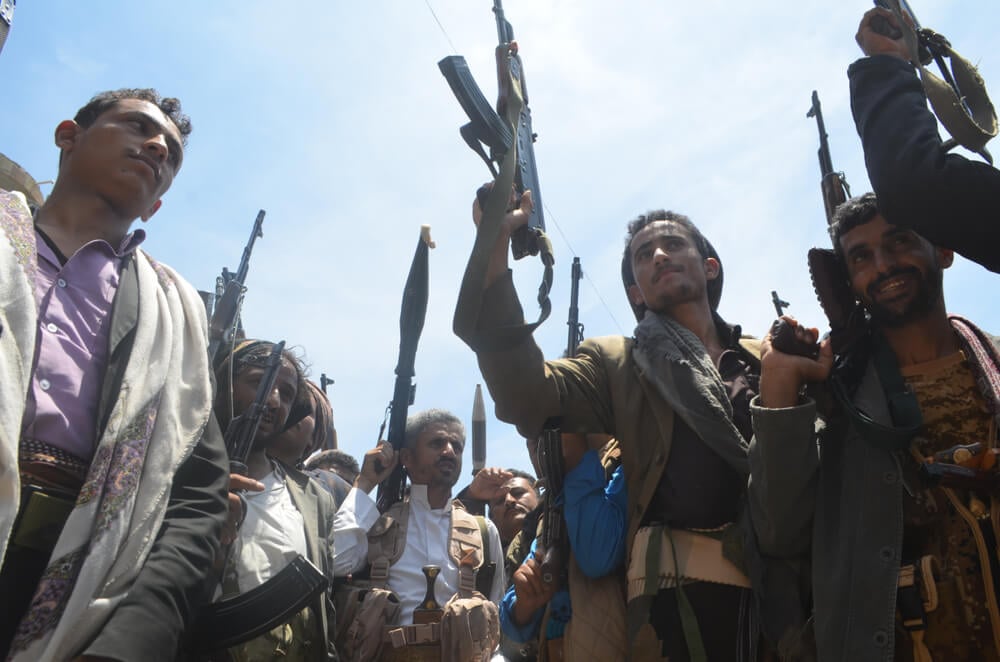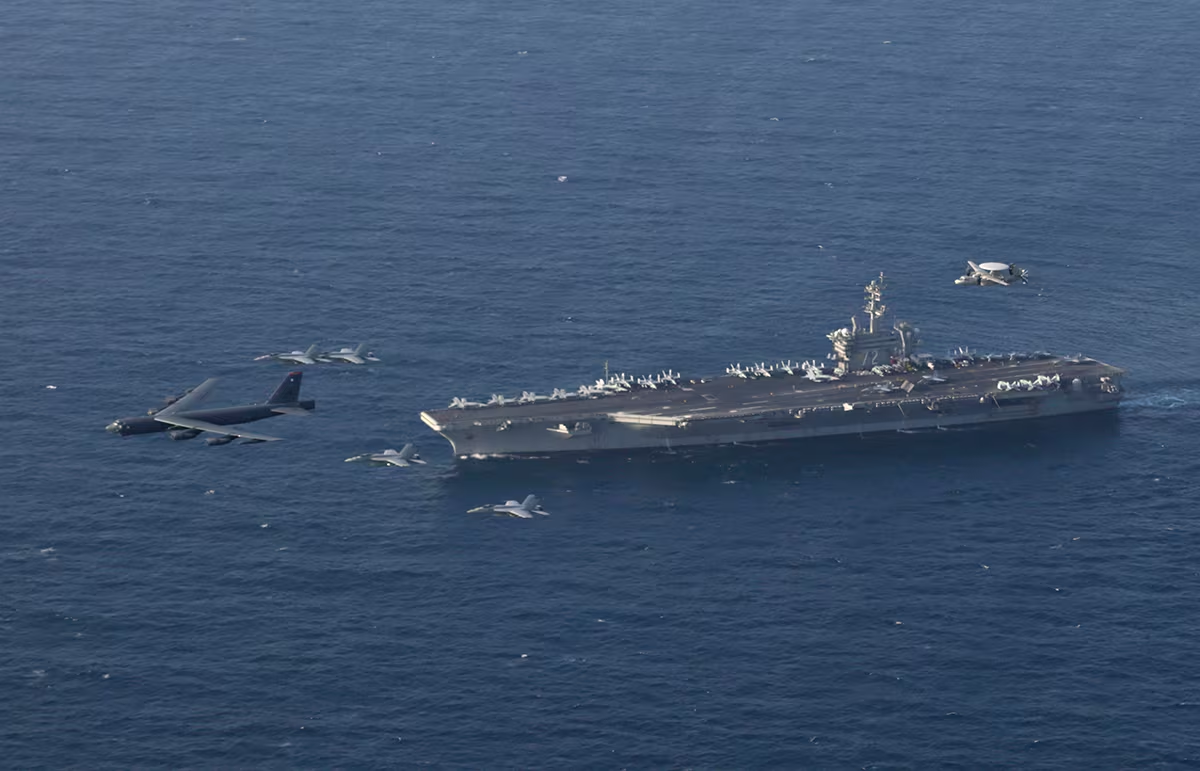
Introduction: 🤯
Recently, in an interview with Fox News, Trump’s special envoy Steve Witkoff revealed something remarkable: the American president is genuinely confused. 😕 Despite unprecedented pressure—military shows of force, crippling sanctions, and relentless threats—Iran refuses to retreat. This “surprise” is itself a confession. It reveals that Washington expected Tehran to behave like weaker states, bending under the first wave of economic pain or military intimidation. But that assumption was flawed from the start. The real problem is not America’s lack of power, but its profound misunderstanding of who it is dealing with. 🇺🇸❌🇮🇷

The Logic That Failed: Why “Maximum Pressure” Didn’t Work ⚙️💥
Washington built its strategy on a simple assumption: combine crippling economic sanctions with continuous military threats, and any country will eventually surrender. Send aircraft carriers, deploy advanced fighters, stage noisy exercises—all while tightening the economic noose. 🛳️✈️💰 The expectation was clear: Tehran would reach its “breakpoint” and accept unilateral demands.
Alongside this, a narrative war was waged. Western media spoke constantly of Iran’s “deadlock,” “internal turmoil,” and “economic erosion.” Terms like “strategic vertigo“ were used to describe a decision-making structure supposedly collapsing under pressure. 📰💬 The picture was painted: Iran had no choice but to retreat.
But reality refused to follow the script. And now, Washington is the one experiencing vertigo. 😵

Trump’s Transactional Trap: Why Not Everyone Has a Price 💼🤝🧱
Trump entered foreign policy with a businessman’s mindset. 🤵 He saw politics as a deal: increase pressure, and the other side will eventually give points to reach an agreement. In this framework, every actor has a price, every nation a breaking point.
But this analysis crashed against Iran. 🇮🇷🧱 As The Atlantic noted in a recent analysis, Trump cannot understand why pressure doesn’t force the Iranian leader to retreat. In his world, every person can be bought, every nation brought to the table with the right mix of threats and promises. 🛒💸
This view fails when confronted with a structure that bases its identity on independence and resistance. For four decades, Iran has made strategic decisions not based on fear, but on security, identity, and historical experience. In such a framework, submission to external pressure is not a tactical option—it is seen as undermining the very foundations of internal legitimacy. 🏛️⚔️

The Power Beyond Missiles: Strategic Memory and Cohesion 🧠🔗
Iran’s power is not limited to its military capacity or missile technology—though those are part of the equation. 🚀 What truly frustrates Washington’s policy is the link between political will, structural cohesion, and historical experience.
Since its establishment, the Islamic Republic has faced a continuous array of pressures: an eight-year imposed war, decades of layered sanctions, constant military threats, and repeated attempts at internal destabilization. 🏛️🔥 This accumulated experience has created a kind of “strategic memory“ that shapes every decision.
In this context, increasing pressure does not lead to behavior change. Paradoxically, it often strengthens internal cohesion. The more external threats intensify, the more the system consolidates around its core principles. 🛡️📈

The Accumulation of Force That Changed Nothing 💪➡️😐
The massive buildup of American military equipment in the region—carriers, fighters, exercises—was designed with one purpose: to intimidate Iran into retreat. 🛳️⚔️ The White House believed that visible military power would complete the economic pressure, creating an unbearable situation.
But the result defied expectations. No surrender. No retreat from declared lines. No change in strategic direction. Instead, Iran maintained diplomatic calm while emphasizing its deterrent capabilities. The message was clear: threats are not an efficient tool in this equation. (Iraqchi, Iranian Foreign minister)📡🇮🇷

The Real Vertigo: Confusion in Washington, Not Tehran 😵🏛️
If the term “strategic vertigo” applies anywhere today, it is in Washington. A portion of America’s political elite still refuses to accept that the “maximum pressure” model may simply not work against a country with Iran’s characteristics. 🤷♂️🇺🇸
Continuing the same policy, hoping “it will work this time,” represents not strength but an inability to learn. This miscalculation becomes dangerous when combined with overconfidence in hard power. History shows that misunderstanding the will and capacity of an adversary leads to decisions with unforeseen and costly consequences. 📉💣

Conclusion: The Gap Between Imagination and Reality 🌊💡
What stands out most today is the widening gap between Washington’s expectations and the reality on the ground. The White House imagined that increasing pressure would bring quick, favorable results. Tehran has shown that equations are too complex for such simplistic formulas. 📊❌
Iran has demonstrated, repeatedly, that it does not change course against threats. Now the choice is Washington’s: continue down a path that has yielded nothing but accumulated tension, or revise the assumptions that see Iran through a distorted, simplistic lens. 👁️🔍
Accepting the complexity of Iran’s power structure does not mean agreeing with it. It is simply a necessary condition for any realistic policy. Without such a review, the cycle of pressure and resistance will continue—each time widening the distance between the two sides and increasing the risk of decisions no one can control. 🔄⚠️
The question is no longer about Iran. It is about whether Washington can overcome its own vertigo and see clearly at last. 🧠🇺🇸➡️🇮🇷

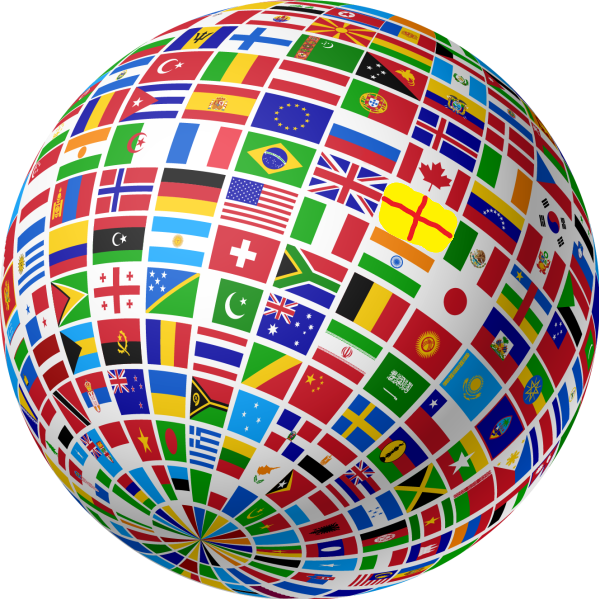












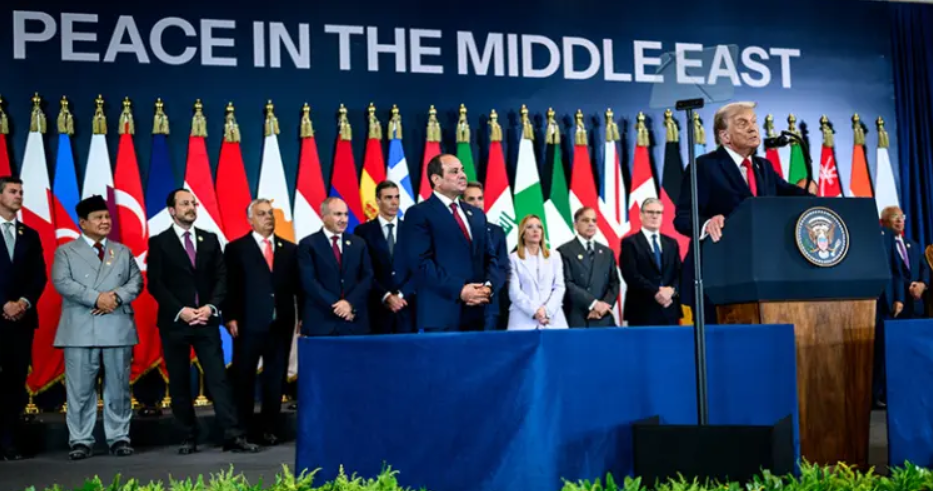

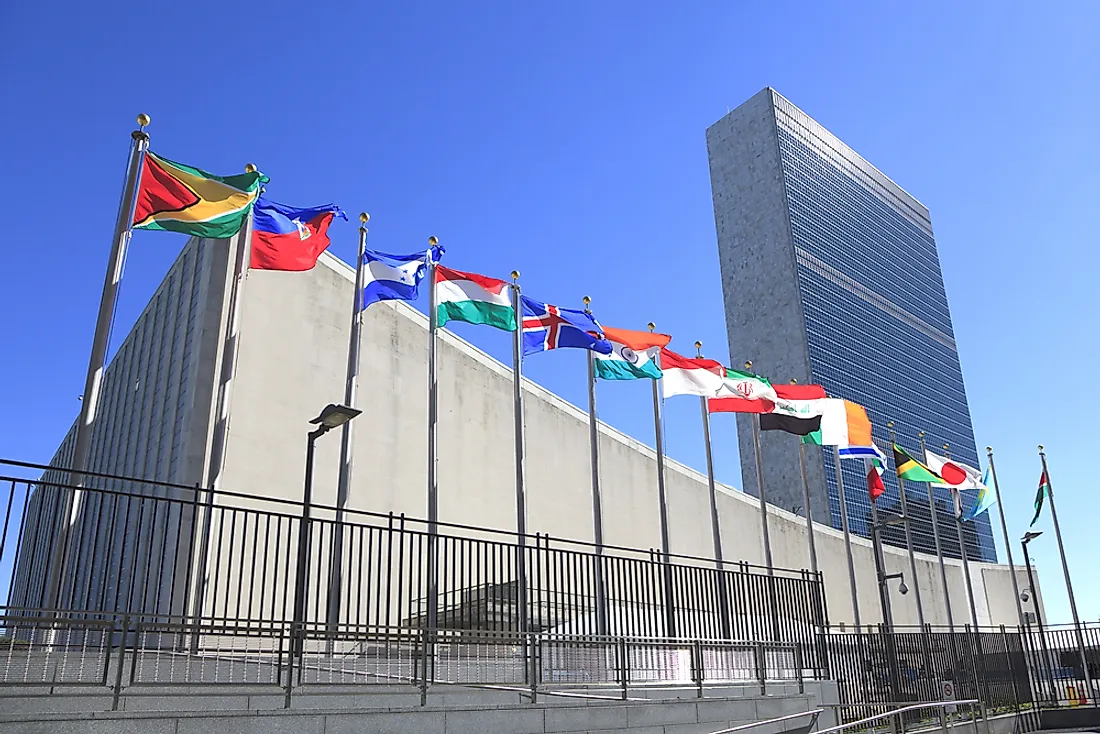
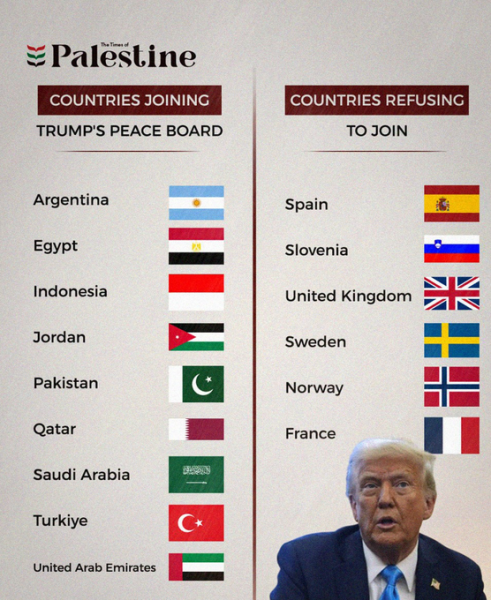


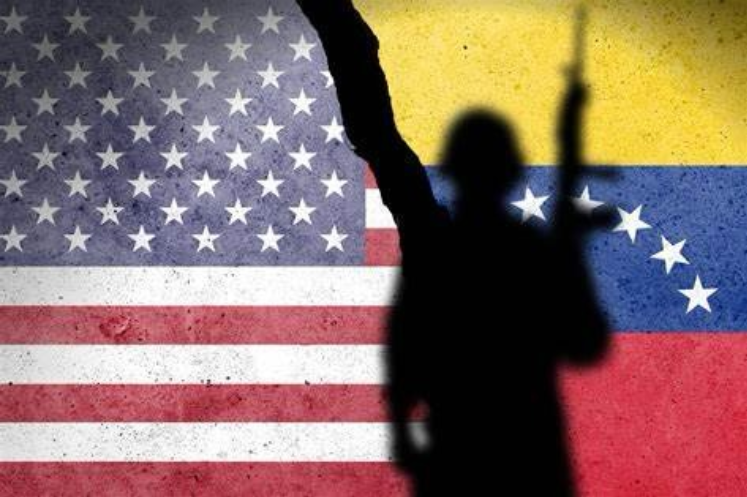





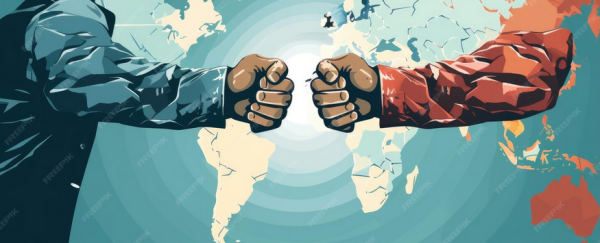
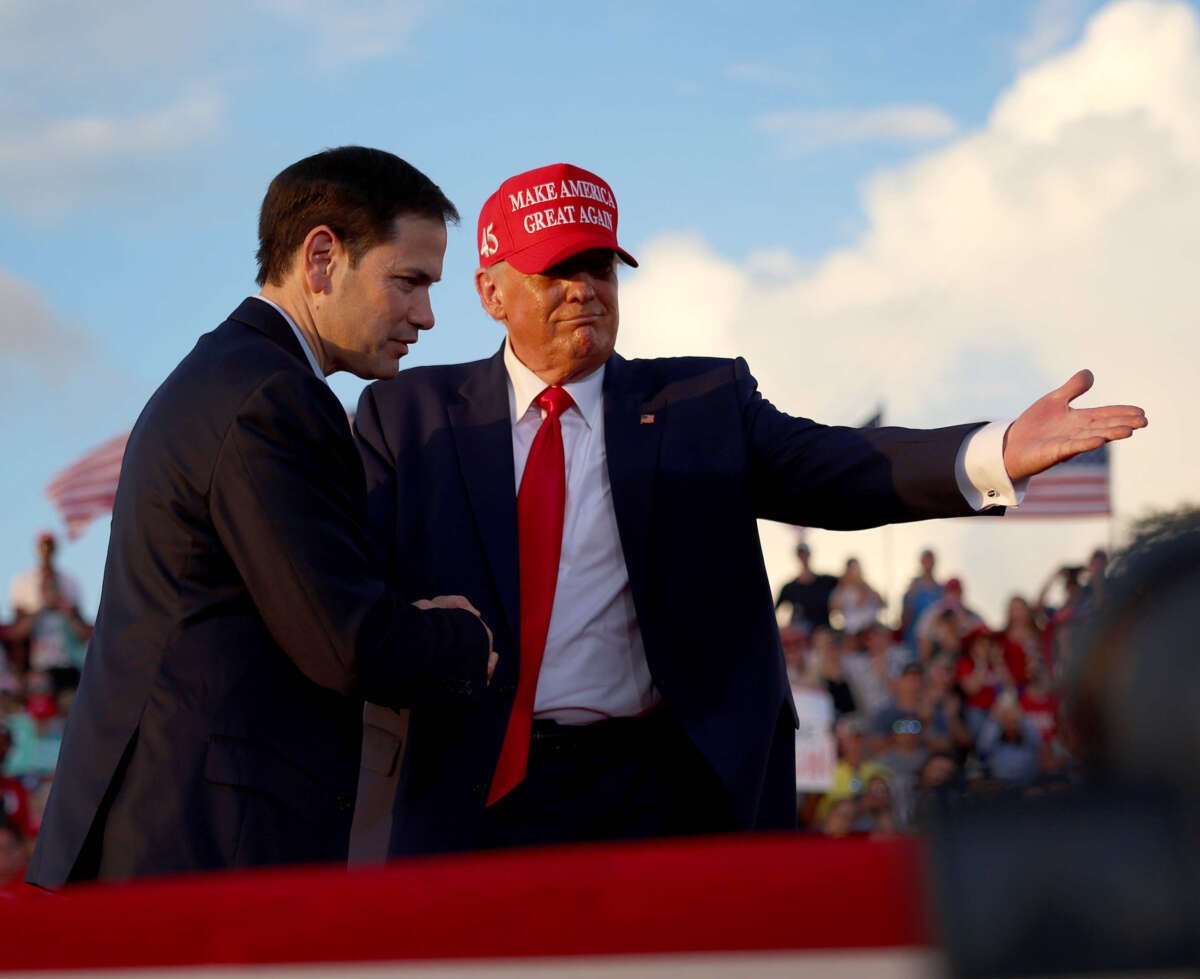



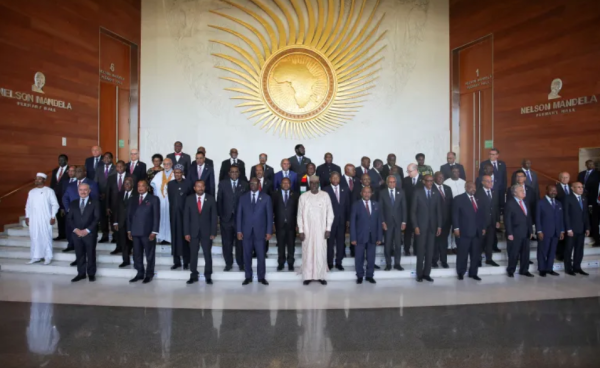
 Israel’s recognition of Somaliland is the deliberate act of pulling at the threads of national unity
Israel’s recognition of Somaliland is the deliberate act of pulling at the threads of national unity
